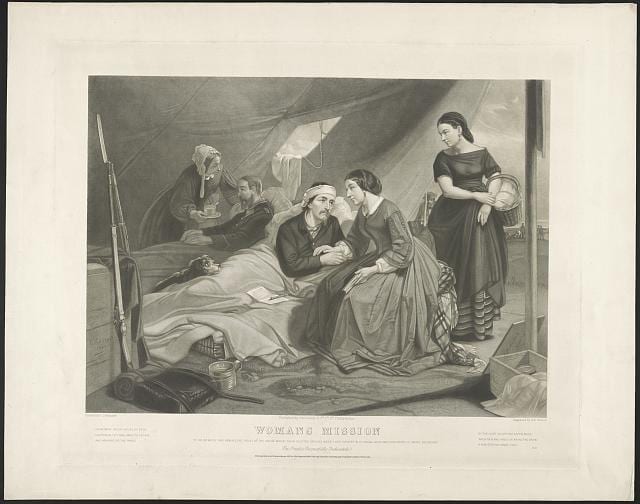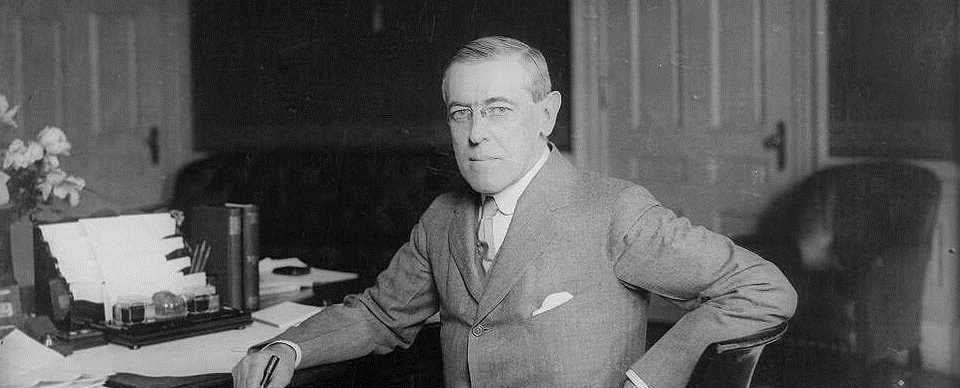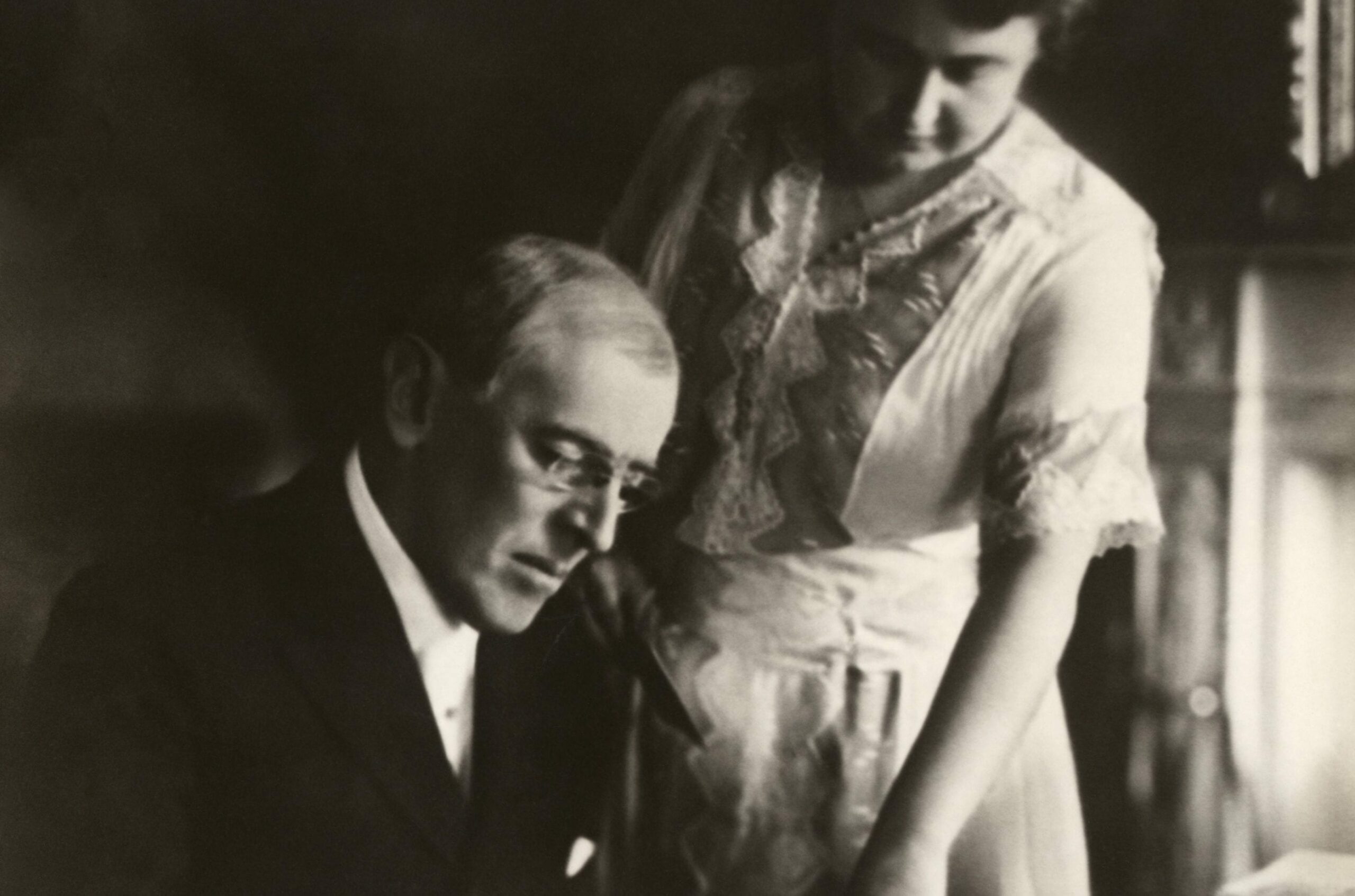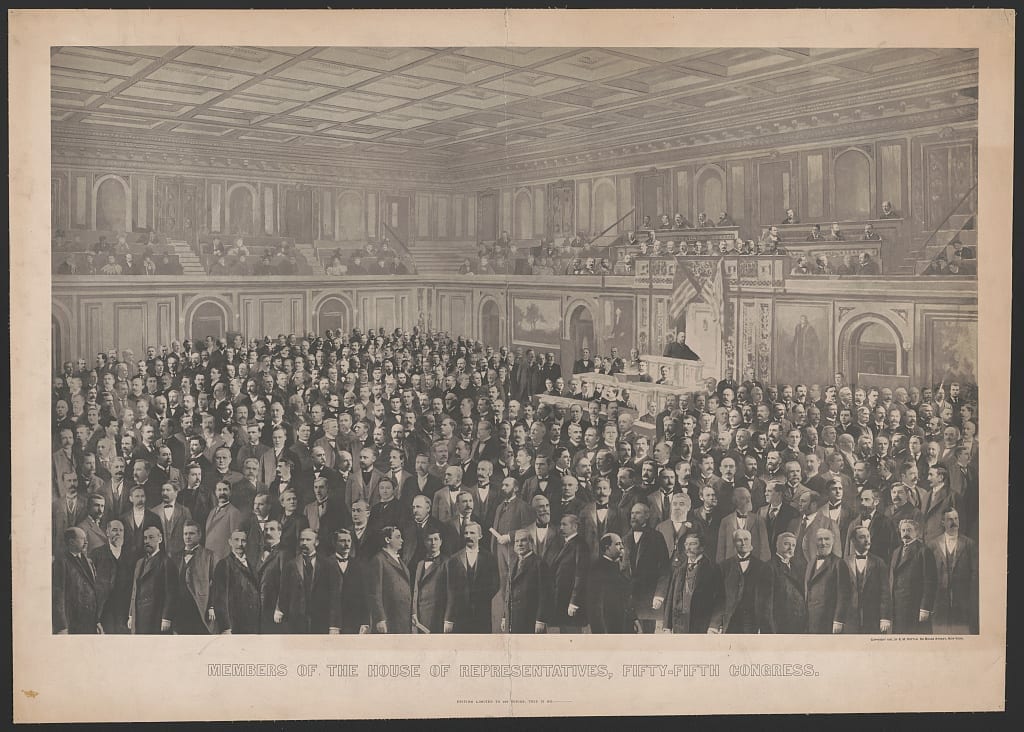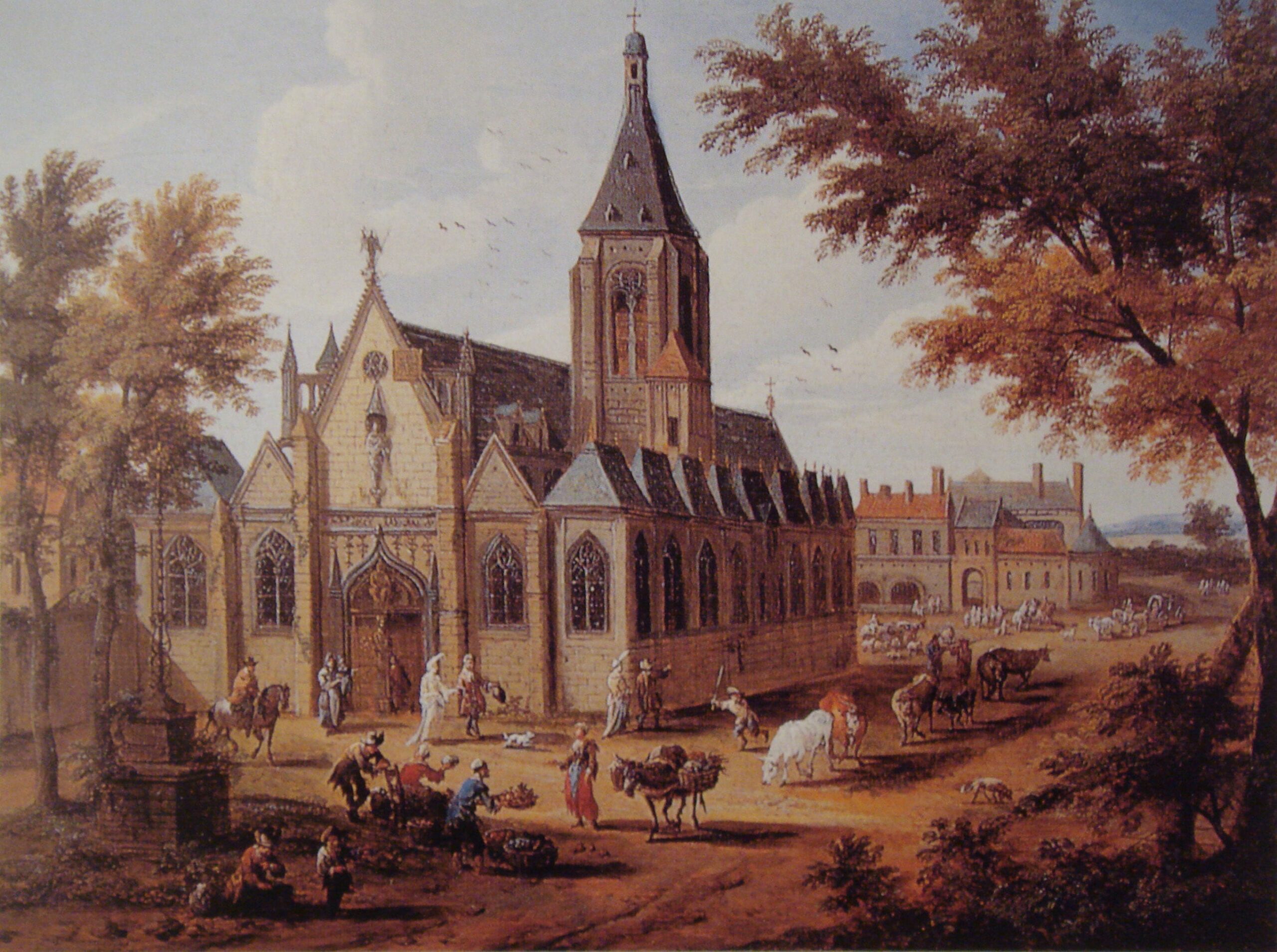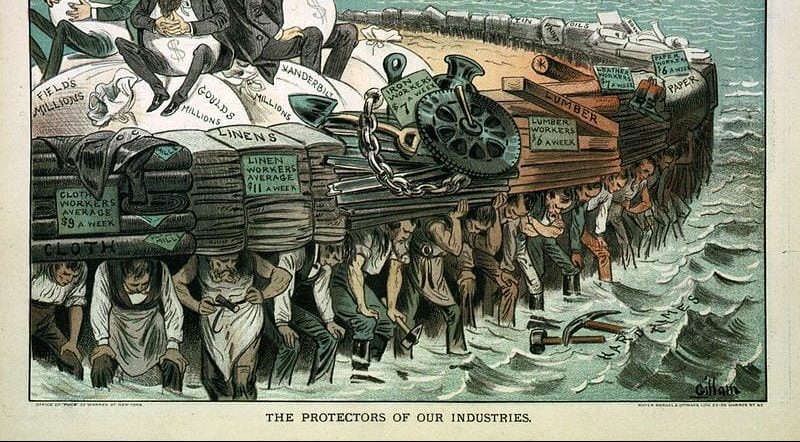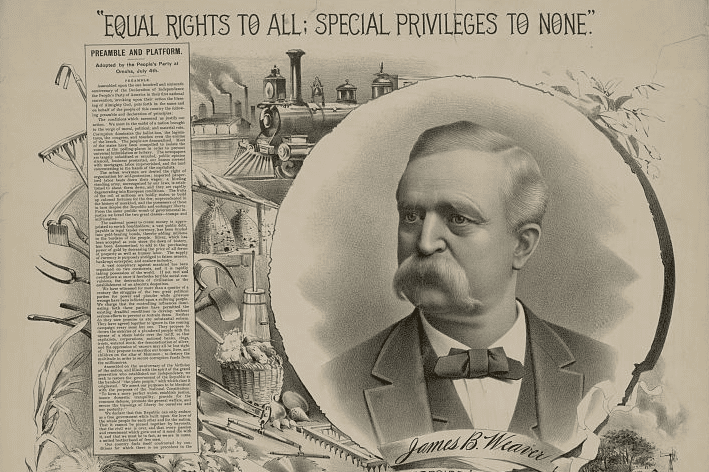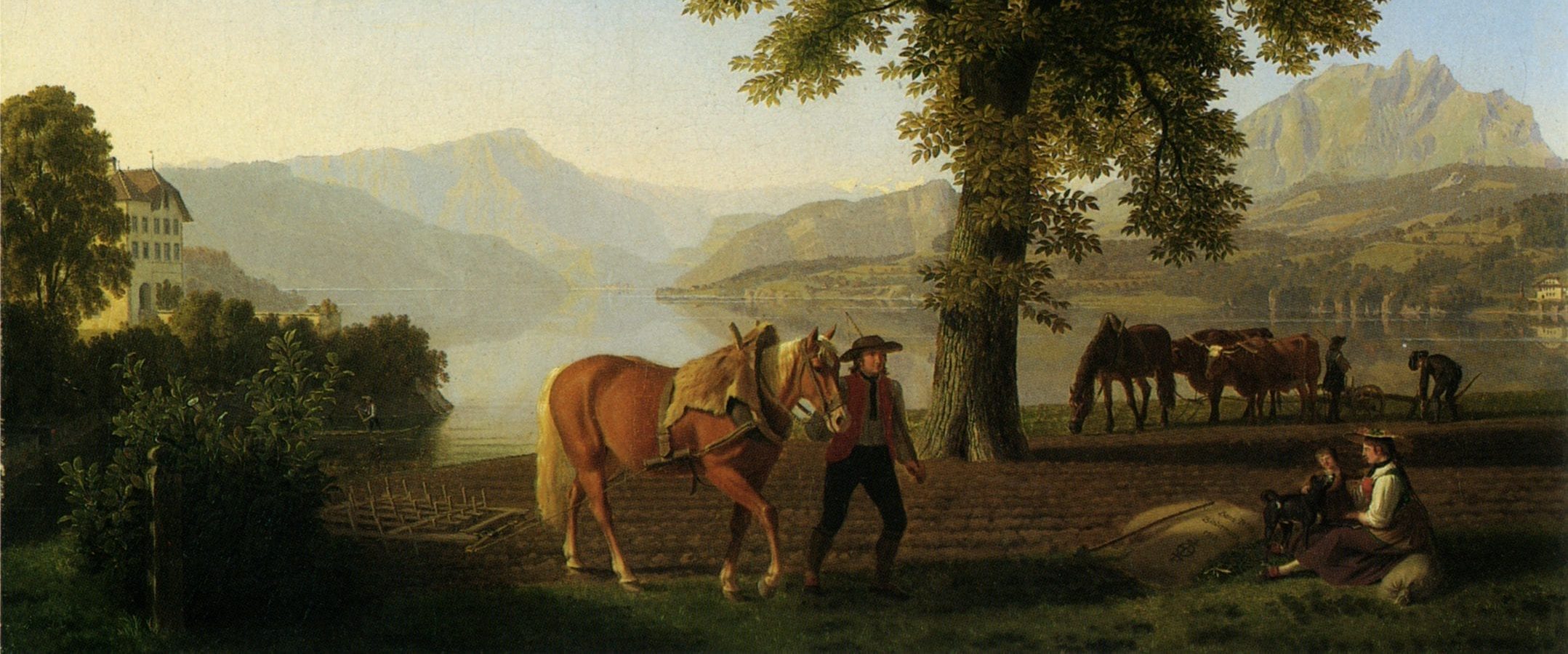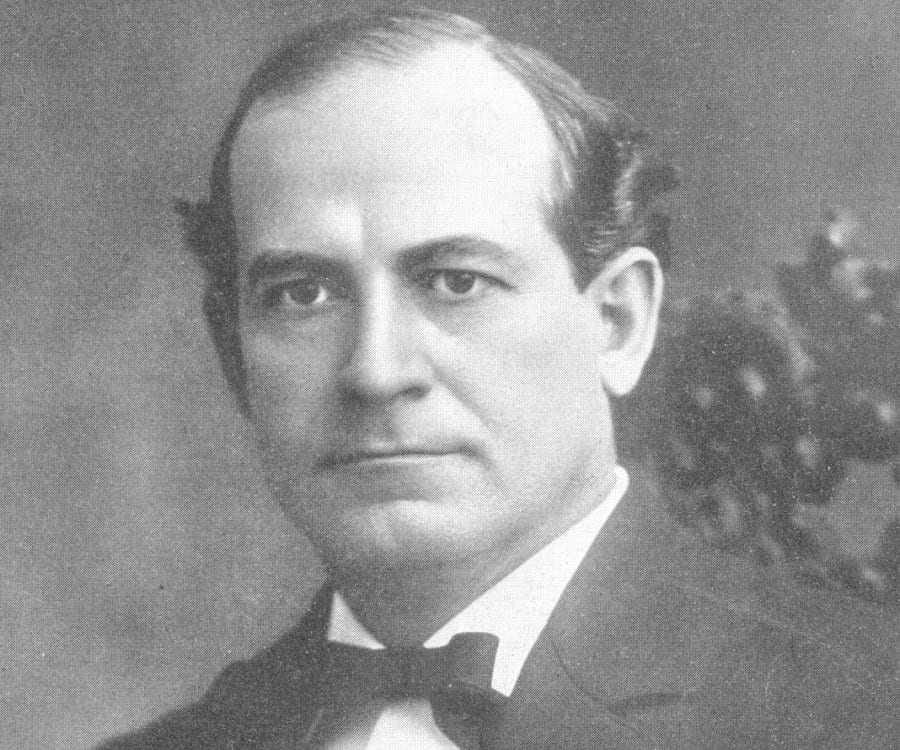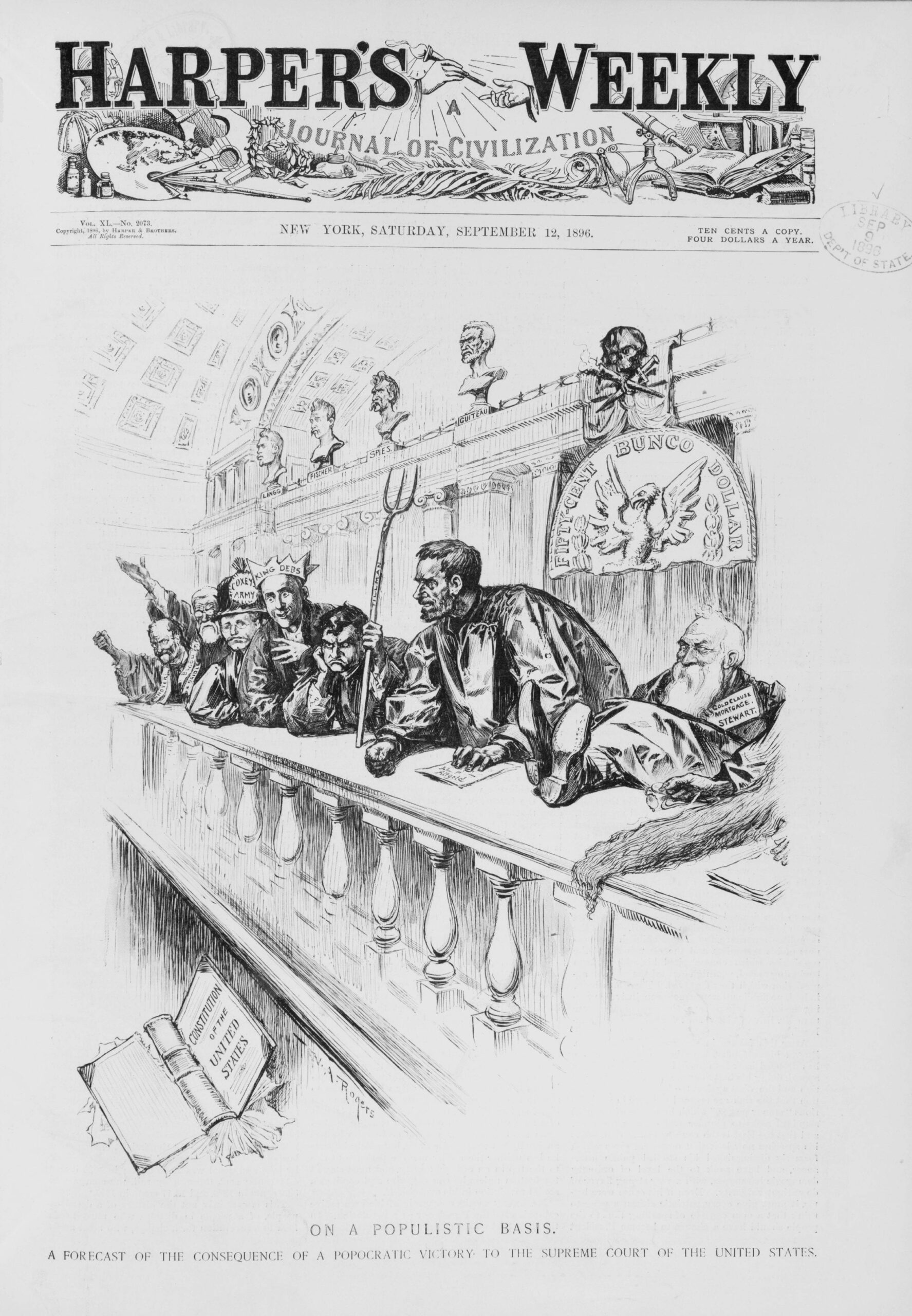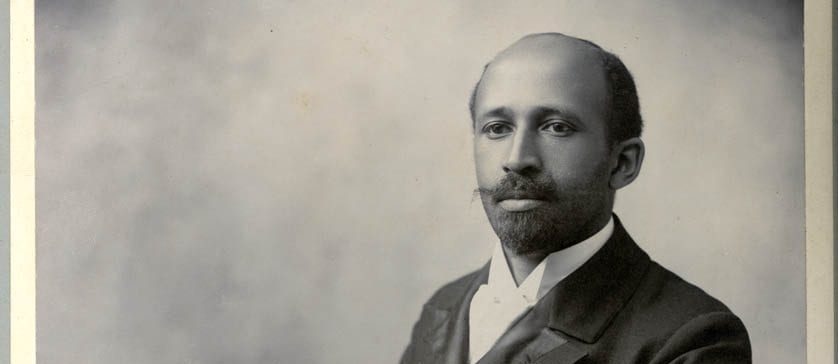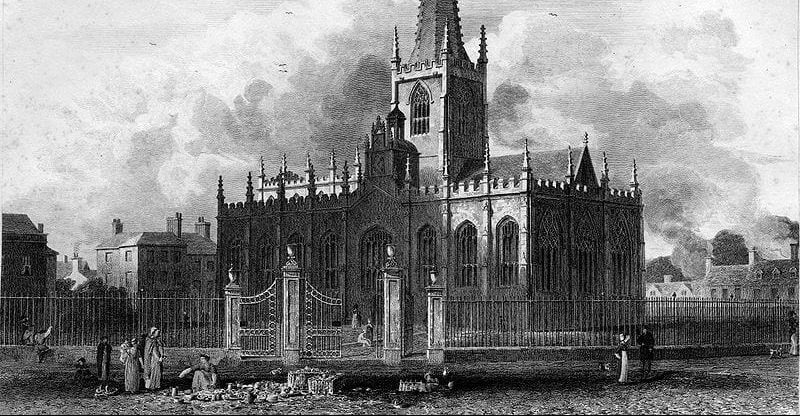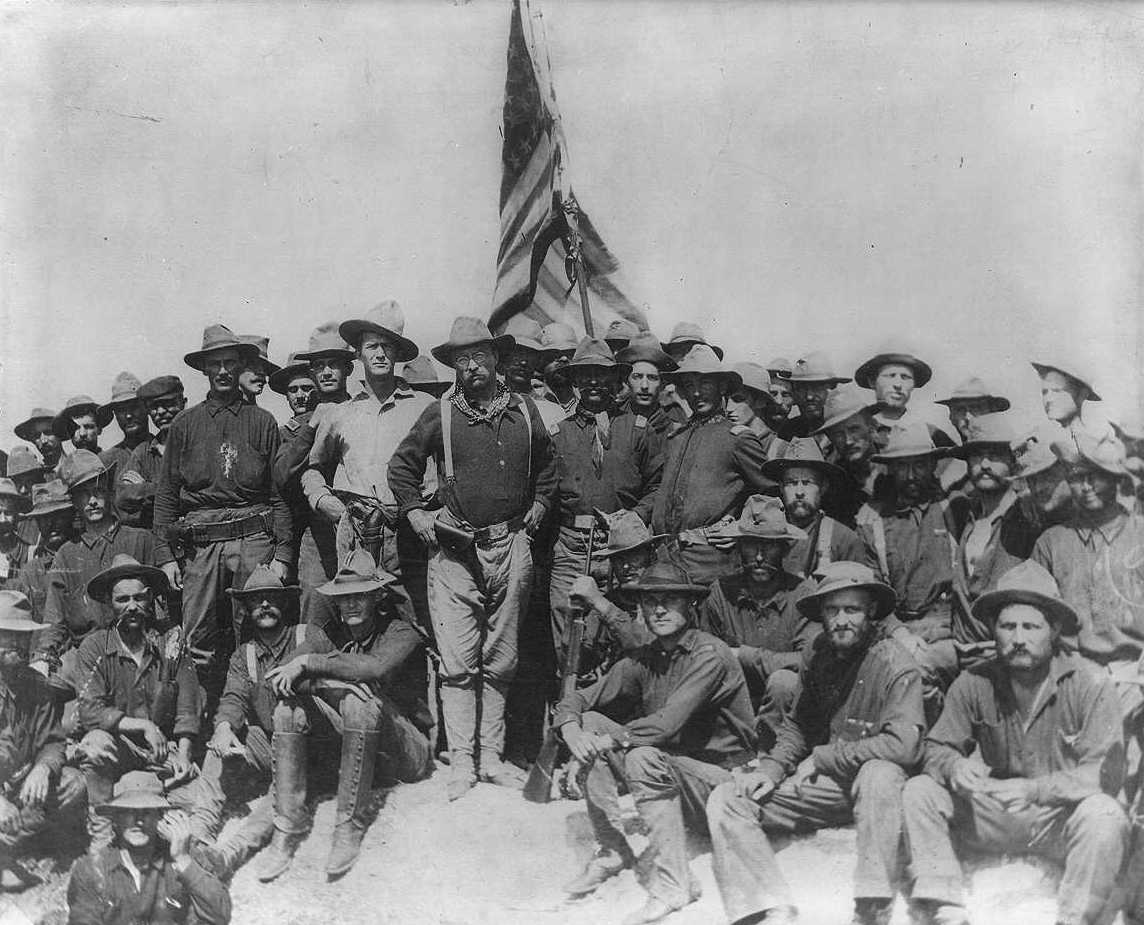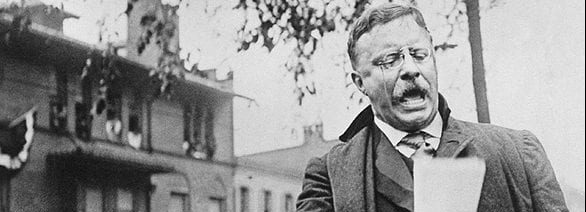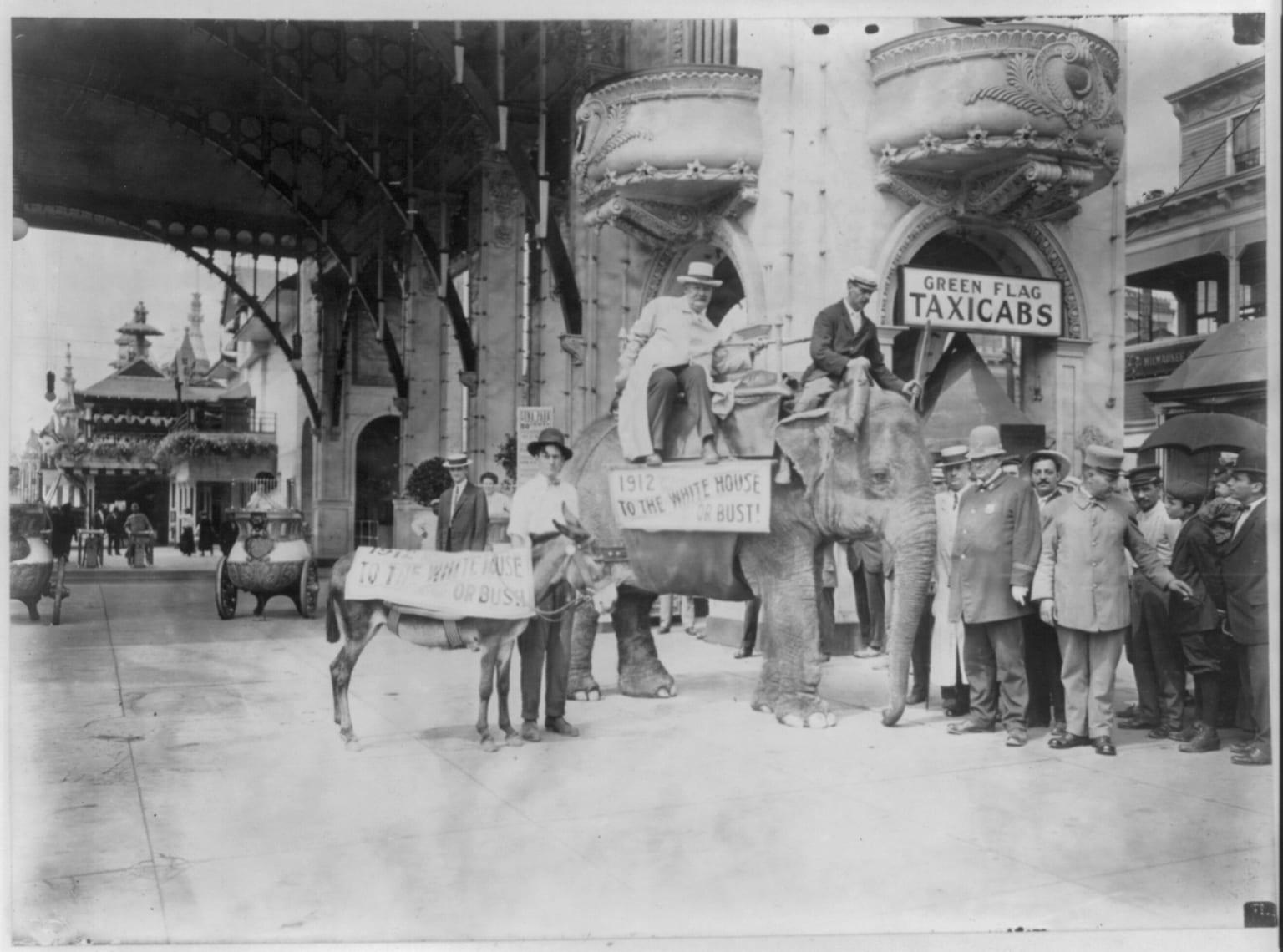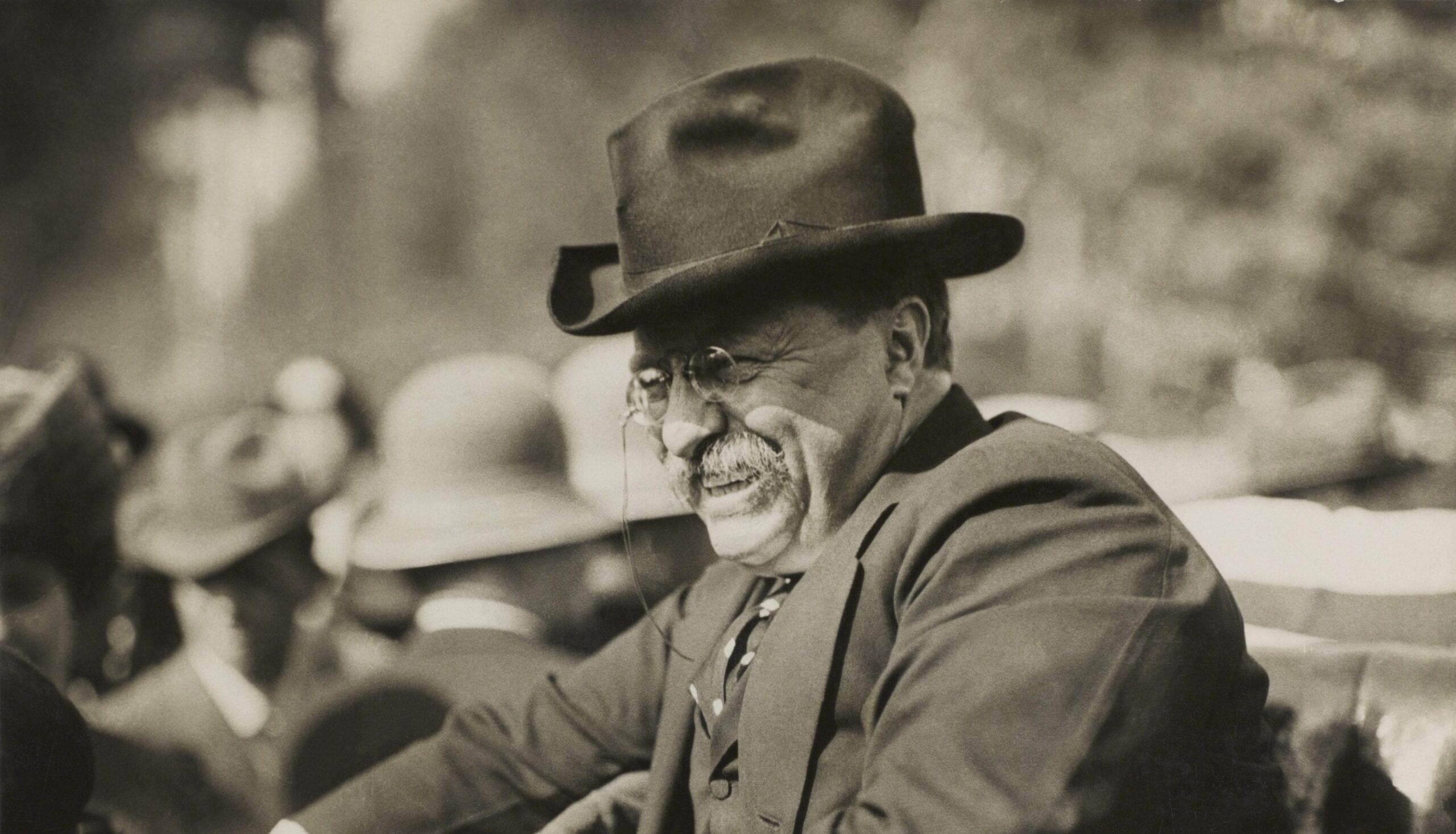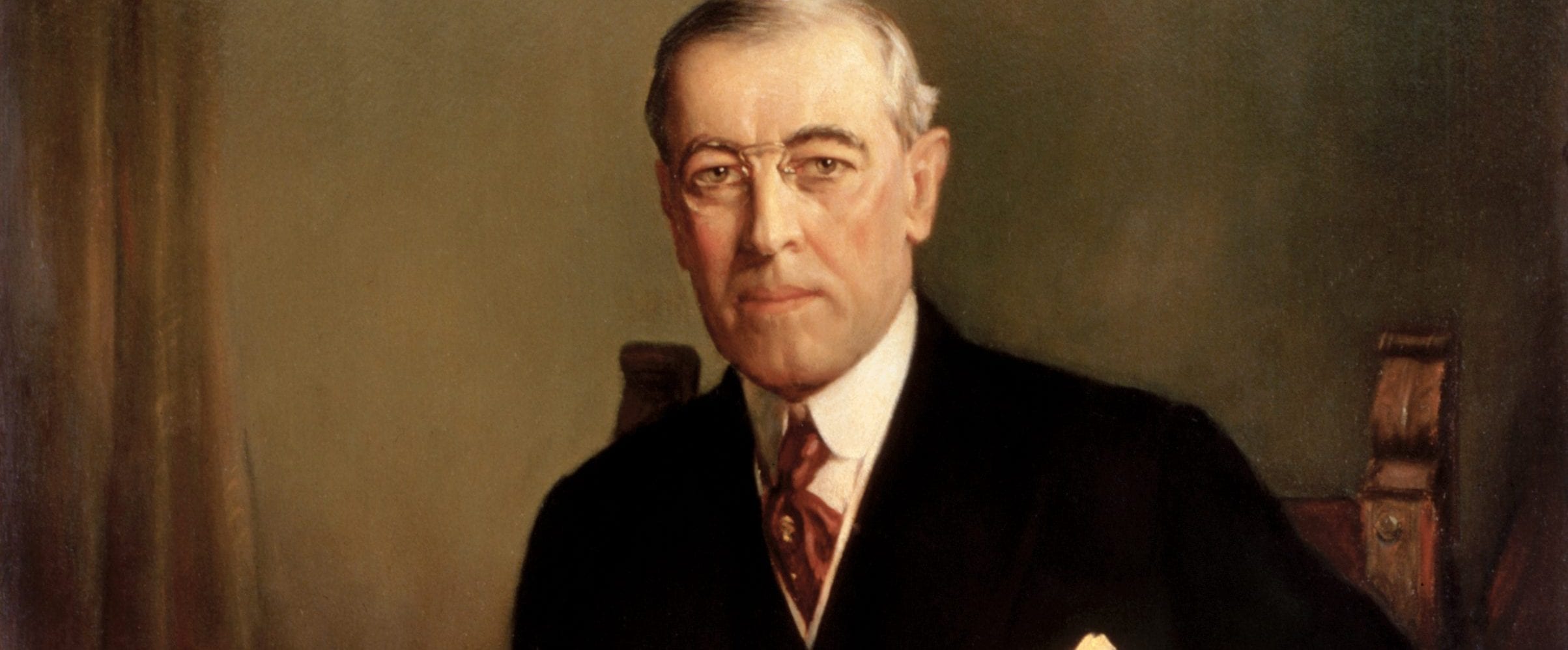
Introduction
Jane Addams (1860–1935) was a founder of modern social work and a prominent activist who sought a wide array of progressive political and social reforms throughout her long career. A co-founder of the American Civil Liberties Union (1920) and a co-recipient of the Nobel Peace Prize (1931), she advocated women’s suffrage, labor, and industrial reform, sanitation, and tenement housing regulation, pacifism, and noninterventionist foreign policy, among many other reforms and policies.
Addams is perhaps best known for her role in founding Hull House, a Chicago social settlement. Beginning in England and spreading to the United States at the turn of the century, the social settlement movement sought to deal with the problems of immigration, industrialization, and urban poverty. Settlement houses brought together educated men and women to help train the poor and new immigrants for work and citizenship, provide childcare for working women, and offer medical care, among other social services. Such settlements not only helped those in need but offered research and training for young social workers and reformers. In this essay, Addams explained and defended the purposes of social settlements. Although Addams offered various iterations of this piece in lecture and essay formats, perhaps the most famous version appeared in her 1910 book, Twenty Years at Hull House.
Source: Philanthropy and Social Progress: Seven Essays by Miss Jane Addams, Robert A. Woods, Father J. O. S. Huntington, Professor Franklin H. Giddings, and Bernard Bosanquet (New York: Thomas Y. Crowell, 1893), 1–26, available online at the Hathi Trust Digital Library: https://babel.hathitrust.org/cgi/pt?id=hvd.32044010648830;view=1up;seq=8.
Hull House, which was Chicago’s first Settlement, was established in September 1889. It represented no association, but was opened by two women, backed by many friends, in the belief that the mere foothold of a house, easily accessible, ample in space, hospitable and tolerant in spirit, situated in the midst of the large foreign colonies which so easily isolate themselves in American cities, would be in itself a serviceable thing for Chicago. Hull House endeavors to make social intercourse express the growing sense of the economic unity of society. It is an effort to add the social function to democracy. It was opened on the theory that the dependence of classes on each other is reciprocal; and that as “the social relation is essentially a reciprocal relation, it gave a form of expression that has peculiar value.”[1]
This paper is an attempt to treat of the subjective necessity for Social Settlements, to analyze the motives which underlie a movement based not only upon conviction, but genuine emotion. Hull House of Chicago is used as an illustration, but so far as the analysis is faithful, it obtains wherever educated young people are seeking an outlet for that sentiment of universal brotherhood which the best spirit of our times is forcing from an emotion into a motive.
I have divided the motives which constitute the subjective pressure toward Social Settlements into three great lines: the first contains the desire to make the entire social organism democratic, to extend democracy beyond its political expression; the second is the impulse to share the race life, and to bring as much as possible of social energy and the accumulation of civilization to those portions of the race which have little; the third springs from a certain renaissance of Christianity, a movement toward its early humanitarian aspects.
It is not difficult to see that although America is pledged to the democratic ideal, the view of democracy has been partial, and that its best achievement thus far has been pushed along the line of the franchise. Democracy has made little attempt to assert itself in social affairs. We have refused to move beyond the position of its eighteenth-century leaders, who believed that political equality alone would secure all good to all men. We conscientiously followed the gift of the ballot hard upon the gift of freedom to the Negro, but we are quite unmoved by the fact that he lives among us in a practical social ostracism. We hasten to give the franchise to the immigrant from a sense of justice, from a tradition that he ought to have it, while we dub him with epithets deriding his past life or present occupation, and feel no duty to invite him to our houses. We are forced to acknowledge that it is only in our local and national politics that we try very hard for the ideal so dear to those who were enthusiasts when the century was young. We have almost given it up as our ideal in social intercourse. There are city wards in which many of the votes are sold for drinks and dollars; still there is a remote pretense, at least a fiction current, that a man’s vote is his own. The judgment of the voter is consulted and an opportunity for remedy given. . . .
In politics “bossism” arouses a scandal.[2] It goes on in society constantly and is only beginning to be challenged. Our consciences are becoming tender in regard to the lack of democracy in social affairs. We are perhaps entering upon the second phase of democracy, as the French philosophers entered upon the first, somewhat bewildered by its logical conclusions. The social organism has broken down through large districts of our great cities. Many of the people living there are very poor, the majority of them without leisure or energy for anything but the gain of subsistence. They move often from one wretched lodging to another. They live for the moment side by side, many of them without knowledge of each other, without fellowship, without local tradition or public spirit, without social organization of any kind. Practically nothing is done to remedy this. The people who might do it, who have the social tact and training, the large houses, and the traditions and custom of hospitality, live in other parts of the city. The club-houses, libraries, galleries, and semipublic conveniences for social life are also blocks away. We find workingmen organized into armies of producers because men of executive ability and business sagacity have found it to their interests thus to organize them. But these workingmen are not organized socially; although living in crowded tenement-houses, they are living without a corresponding social contact. The chaos is as great as it would be were they working in huge factories without foreman or superintendent. Their ideas and resources are cramped. The desire for higher social pleasure is extinct. They have no share in the traditions and social energy which make for progress. Too often their only place of meeting is a saloon, their only host a bartender; a local demagogue forms their public opinion.[3] Men of ability and refinement, of social power and university cultivation, stay away from them. . . .
It is inevitable that those who feel most keenly this insincerity and partial living should be our young people, our so-called educated young people who accomplish little toward the solution of this social problem, and who bear the brunt of being cultivated into unnourished, oversensitive lives. They have been shut off from the common labor by which they live and which is a great source of moral and physical health. They feel a fatal want of harmony between their theory and their lives, a lack of coordination between thought and action. I think it is hard for us to realize how seriously many of them are taking to the notion of human brotherhood, how eagerly they long to give tangible expression to the democratic ideal. These young men and women, longing to socialize their democracy, are animated by certain hopes.
These hopes may be loosely formulated thus: that if in a democratic country nothing can he permanently achieved save through the masses of the people, it will be impossible to establish a higher political life than the people themselves crave; that it is difficult to see how the notion of a higher civic life can be fostered save through common intercourse; that the blessings which we associate with a life of refinement and cultivation can be made universal and must be made universal if they are to be permanent; that the good we secure for ourselves is precarious and uncertain, is floating in mid-air, until it is secured for all of us and incorporated into our common life.
These hopes are responsible for results in various directions, preeminently in the extension of educational advantages. We find that all educational matters are more democratic in their political than in their social aspects. The public schools in the poorest and most crowded wards of the city are inadequate to the number of children, and many of the teachers are ill-prepared and overworked; but in each ward there is an effort to secure public education. The schoolhouse itself stands as a pledge that the city recognizes and endeavors to fulfill the duty of educating its children. But what becomes of these children when they are no longer in public schools? Many of them never come under the influence of a professional teacher nor a cultivated friend after they are twelve. Society at large does little for their intellectual development. . . .
. . . It is needless to say that a Settlement is a protest against a restricted view of education, and makes it possible for every educated man or woman with a teaching faculty to find out those who are ready to be taught. The social and educational activities of a Settlement are but differing manifestations of the attempt to socialize democracy, as is the existence of the settlement itself.
I find it somewhat difficult to formulate the second line of motives which I believe to constitute the trend of the subjective pressure toward the Settlement. There is something primordial about these motives, but I am perhaps over-bold in designating them as a great desire to share the race life. We all bear traces of the starvation struggle which for so long made up the life of the race. Our very organism holds memories and glimpses of that long life of our ancestors which still goes on among so many of our contemporaries. Nothing so deadens the sympathies and shrivels the power of enjoyment as the persistent keeping away from the great opportunities for helpfulness and a continual ignoring of the starvation struggle which makes up the life of at least half the race. To shut one’s self away from that half of the race life is to shut one’s self away from the most vital part of it; it is to live out but half the humanity which we have been born heir to and to use but half our faculties. We have all had longings for a fuller life which should include the use of these faculties. These longings are the physical complement of the “Intimations of Immortality” on which no ode has yet been written.[4] To portray these would be the work of a poet, and it is hazardous for any but a poet to attempt it. . . .
“There is nothing after disease, indigence, and a sense of guilt so fatal to health and to life itself as the want of a proper outlet for active faculties.”[5] I have seen young girls suffer and grow sensibly lowered in vitality in the first years after they leave school. In our attempt then to give a girl pleasure and freedom from care we succeed, for the most part, in making her pitifully miserable. She finds “life” so different from what she expected it to be. She is besotted with innocent little ambitions, and does not understand this apparent waste of herself, this elaborate preparation, if no work is provided for her. There is a heritage of noble obligation which young people accept and long to perpetuate. The desire for action, the wish to right wrong and alleviate suffering, haunts them daily. Society smiles at it indulgently instead of making it of value to itself. . . .
We have in America a fast-growing number of cultivated young people who have no recognized outlet for their active faculties. They bear constantly of the great social maladjustment, but no way is provided for them to change it, and their uselessness bangs about them heavily. Huxley declares that the sense of uselessness is the severest shock which the human system can sustain, and that, if persistently sustained, it results in atrophy of function.[6] These young people have had advantages of college, of European travel and economic study, but they are sustaining this shock of inaction. They have pet phrases, and they tell you that the things that make us all alike are stronger than the things that make us different. They say that all men are united by needs and sympathies far more permanent and radical than anything that temporarily divides them and sets them in opposition to each other. If they affect art, they say that the decay in artistic expression is due to the decay in ethics, that art when shut away from the human interests and from the great mass of humanity is self-destructive. They tell their elders with all the bitterness of youth that if they expect success from them in business, or politics, or in whatever lines their ambition for them has run, they must let them consult all of humanity; that they must let them find out what the people want and how they want it. It is only the stronger young people, however, who formulate this. Many of them dissipate their energies in so-called enjoyment. Others, not content with that, go on studying and go back to college for their second degrees, not that they are especially fond of study, but because they want something definite to do, and their powers have been trained in the direction of mental accumulation. Many are buried beneath mere mental accumulation with lowered vitality and discontent. . . . Our young people feel nervously the need of putting theory into action, and respond quickly to the Settlement form of activity.
The third division of motives which I believe make toward the Settlement is the result of a certain renaissance going forward in Christianity. The impulse to share the lives of the poor, the desire to make social service, irrespective of propaganda, express the spirit of Christ, is as old as Christianity itself. We have no proof from the records themselves that the early Roman Christians, who strained their simple art to the point of grotesqueness in their eagerness to record a “good news” on the walls of the catacombs, considered this “good news” a religion. Jesus had no set of truths labeled “Religious.” On the contrary, his doctrine was that all truth is one, that the appropriation of it is freedom. His teaching had no dogma to mark it off from truth and action in general. He himself called it a revelation—a life. These early Roman Christians received the Gospel message, a command to love all men, with a certain joyous simplicity. The image of the Good Shepherd is blithe and gay beyond the gentlest shepherd of Greek mythology; the hart no longer pants, but rushes to the water brooks.[7] The Christians looked for the continuous revelation, but believed what Jesus said, that this revelation to be held and made manifest must be put into terms of action; that action is the only medium man has for receiving and appropriating truth. “If any man will do His will, he shall know of the doctrine.”[8]
That Christianity has to be revealed and embodied in the line of social progress is a corollary to the simple proposition that man’s action is found in his social relationships in the way in which he connects with his fellows, that his motives for action are the zeal and affection with which he regards his fellows. By this simple process was created a deep enthusiasm for humanity, which regarded man as at once the organ and object of revelation; and by this process came about that wonderful fellowship, that true democracy of the early Church, that so captivates the imagination. The early Christians were preeminently nonresistant. They believed in love as a cosmic force. There was no iconoclasm during the minor peace of the Church. They did not yet denounce, nor tear down temples, nor preach the end of the world. They grew to a mighty number, but it never occurred to them, either in their weakness or their strength, to regard other men for an instant as their foes or as aliens. The spectacle of the Christians loving all men was the most astounding Rome had ever seen. They were eager to sacrifice themselves for the weak, for children and the aged. They identified themselves with slaves and did not avoid the plague. They longed to share the common lot that they might receive the constant revelation. It was a new treasure which the early Christians added to the sum of all treasures, a joy hitherto unknown in the world the joy of finding the Christ which lieth in each man, but which no man can unfold save in fellowship. A happiness ranging from the heroic to the pastoral enveloped them. They were to possess a revelation as long as life had new meaning to unfold, new action to propose.
I believe that there is a distinct turning among many young men and women toward this simple acceptance of Christ’s message. They resent the assumption that Christianity is a set of ideas which belong to the religious consciousness, whatever that may be, that it is a thing to be proclaimed and instituted apart from the social life of the community. They insist that it shall seek a simple and natural expression in the social organism itself. The Settlement movement is only one manifestation of that wider humanitarian movement which throughout Christendom, but preeminently in England, is endeavoring to embody itself, not in a sect, but in society itself. . .
. . . [T]his renaissance of the early Christian humanitarianism, is going on in America, in Chicago, if you please, without leaders who write or philosophize, without much speaking, but with a bent to express in social service, in terms of action, the spirit of Christ. . . .
The Settlement, then, is an experimental effort to aid in the solution of the social and industrial problems which are engendered by the modern conditions of life in a great city. . . . The only thing to be dreaded in the Settlement is that it lose its flexibility, its power of quick adaptation, its readiness to change its methods as its environment may demand. . . . Its residents must be emptied of all conceit of opinion and all self-assertion, and ready to arouse and interpret the public opinion of their neighborhood. They must be content to live quietly side by side with their neighbors, until they grow into a sense of relationship and mutual interests. Their neighbors are held apart by differences of race and language which the residents can more easily overcome. They are bound to see the needs of their neighborhood as a whole, to furnish data for legislation, and to use their influence to secure it. In short, residents are pledged to devote themselves to the duties of good citizenship and to the arousing of the social energies which too largely lie dormant in every neighborhood given over to industrialism. They are bound to regard the entire life of their city as organic, to make an effort to unify it, and to protest against its over-differentiation.
. . . The Settlement movement is from its nature a provisional one. It is easy in writing a paper to make all philosophy point one particular moral and all history adorn one particular tale; but I hope you forgive me for reminding you that the best speculative philosophy sets forth the solidarity of the human race; that the highest moralists have taught that without the advance and improvement of the whole no man can hope for any lasting improvement in his own moral or material condition. The subjective necessity for Social Settlements is identical with that necessity that urges us on toward social and individual salvation.
- 1. Addams quotes from one of her essays.
- 2. “Bossism” is the control of a party or a city government or a subordinate part of a city government, such as a ward, by one man or a small group.
- 3. A demagogue is a political leader who, in order to gain political advantage, appeals not to reason but to the passions and prejudices of the people.
- 4. “Ode: Intimations of Immortality from Recollections of Early Childhood” was written by William Wordsworth (1770–1850) and published in 1807.
- 5. Addams again quotes herself.
- 6. A fervent supporter of Darwin’s theory of evolution through natural selection, Thomas Henry Huxley (1825–1895) was an English biologist and anthropologist.
- 7. A hart is an adult male deer.
- 8. John 7:17.
The Mission of the Populist Party
December 31, 1893
Conversation-based seminars for collegial PD, one-day and multi-day seminars, graduate credit seminars (MA degree), online and in-person.



